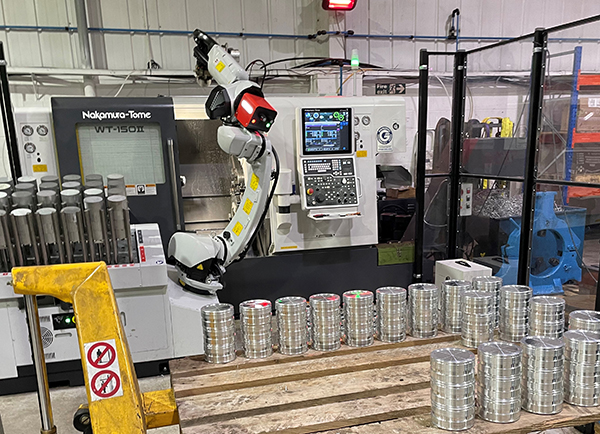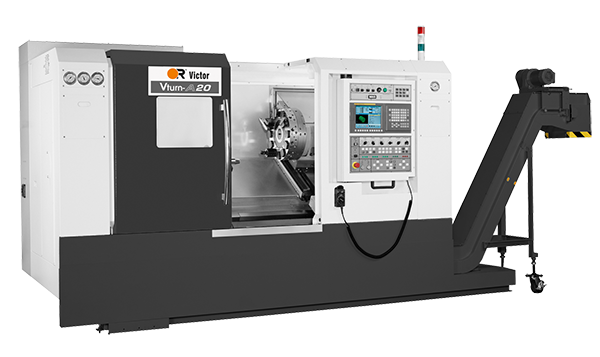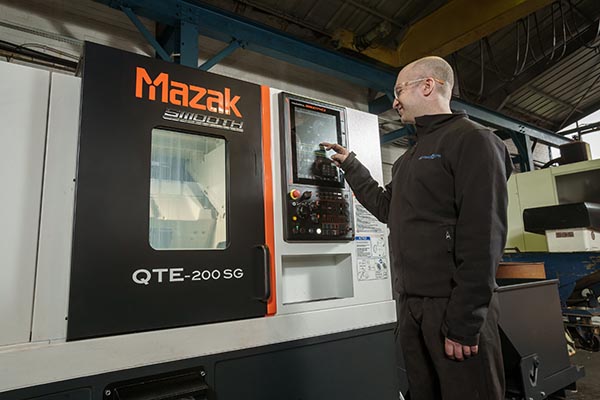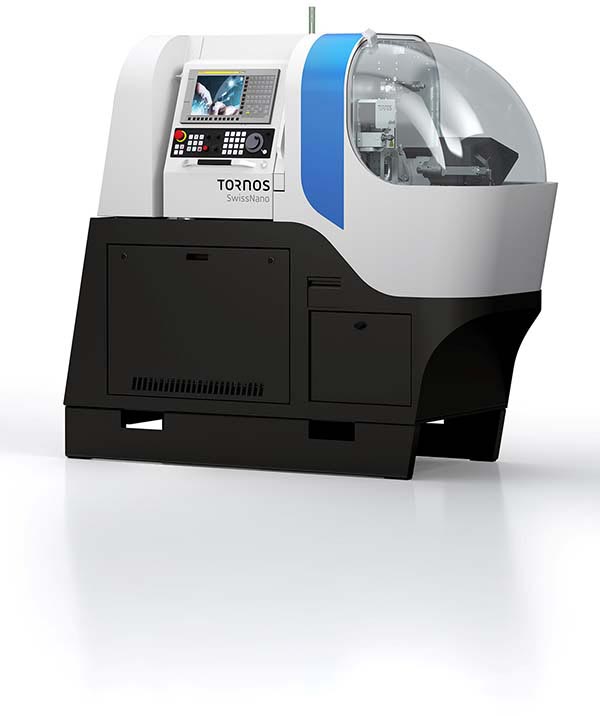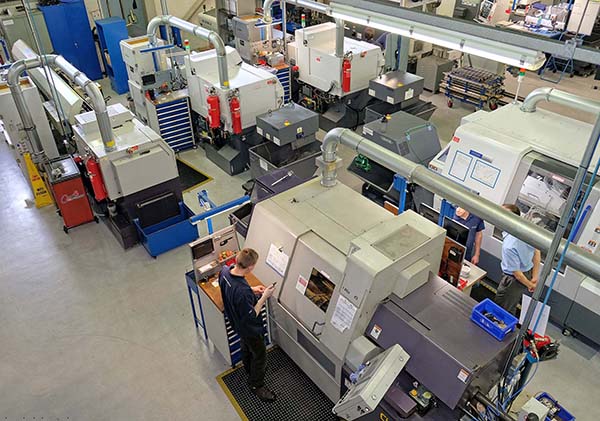
As a precision component manufacturer to the oil and gas, nuclear, defence, hydraulic, off-highway, automotive, and aerospace industries, Mollart Cox has invested in its first robotic machining cell to enhance flexibility and productivity. Turning to the Engineering Technology Group (ETG) and its Nakamura-Tome range of turning centres, the flexibility of the manufacturer has flourished since installing the automated cell.
Referring to why the Chesterfield-based company invested in the cell from ETG, Christopher Cox, managing director of Mollart Cox, says: “We needed an automated cell like this because we have various set-ups. Many of the parts are similar in shape but different to produce. So, the set-up was key to us, as was the ability to use a machine with or without the robot.
“We selected the Nakamura-Tome WT-150II because of the build quality,” he continues. “Additionally, ETG has a very good back-up and support service. The speed and low-noise levels are impressive, while our tooling packages work very well with the machine.”
Steve Brown, sales director at ETG, adds: “We have a fully operational automated cell that incorporates the Nakamura WT-150II turning centre and the Robojob turn assist. So, what we’re doing here is loading billets and unloading finished parts. The Robojob stores the raw material, and it has a pallet system where the finished parts collect. The beauty of the cell is that it’s a completely flexible unit, so you can produce anything from a very small component up to a larger billet, light-out. This enables anybody with a nucleus or a range of parts to move into full production.”
The Nakamura WT-150II is a twin-spindle, twin-turret machine with a Y axis on the upper turret and a 65 mm through-bore capacity.
For further information
www.engtechgroup.com






